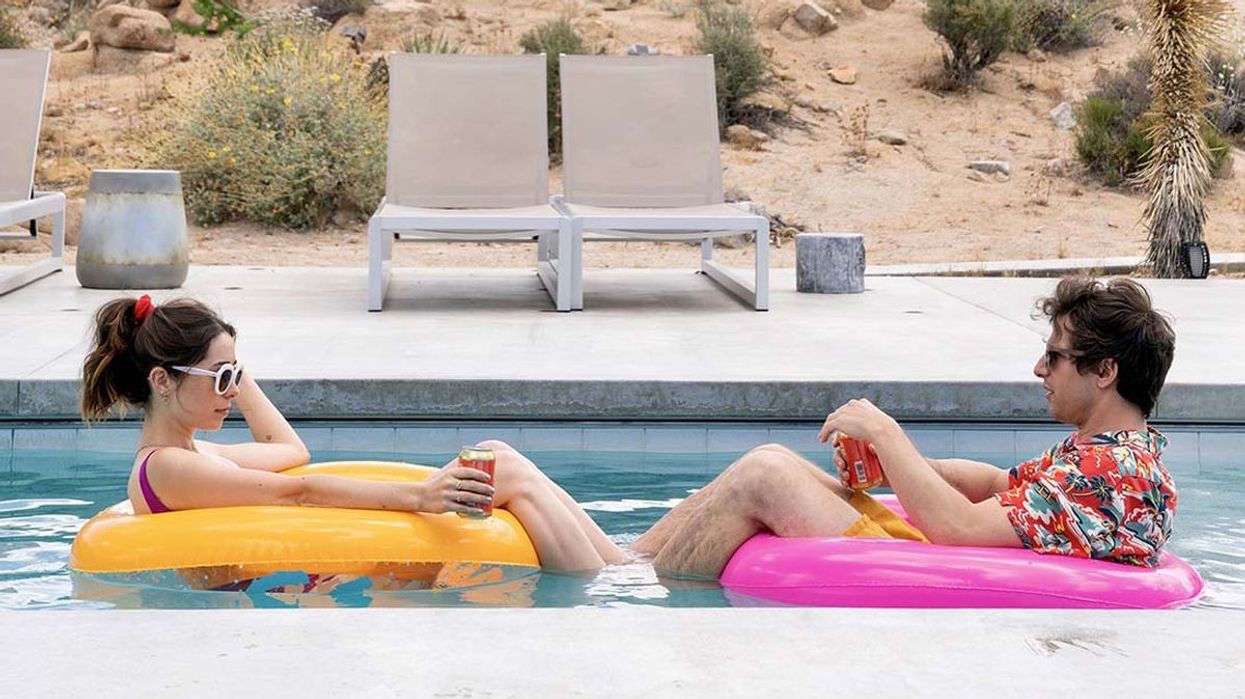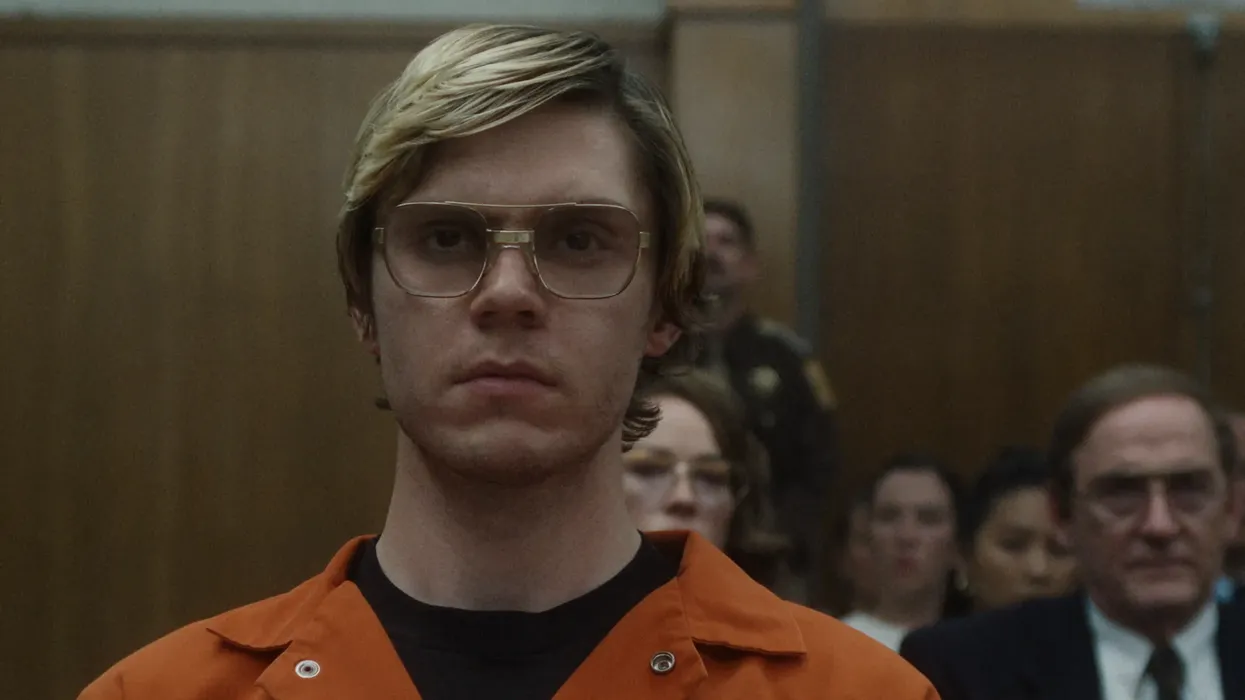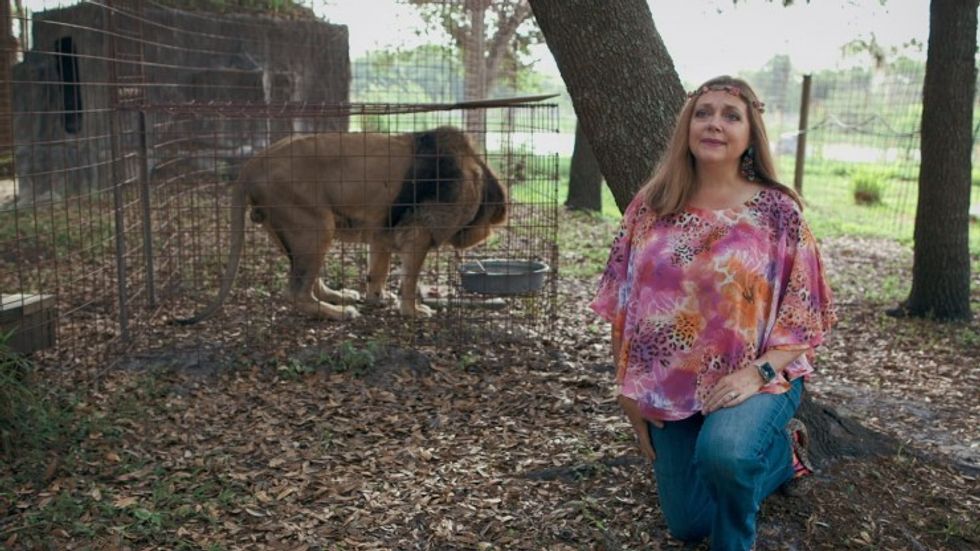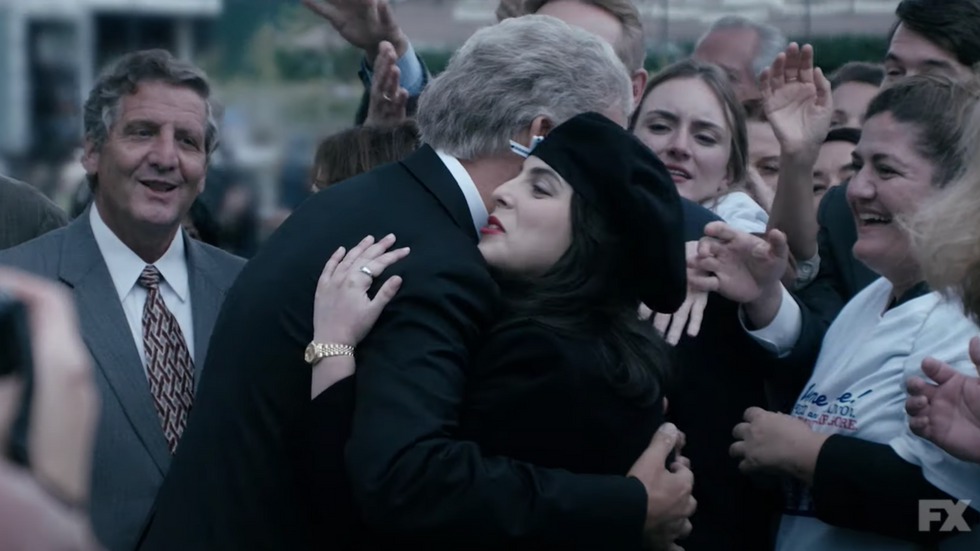Sundance's Record-Breaking Deals Are a Cease-Fire in the Streaming Wars
An emerging hybrid deal structure means that filmmakers don't have to choose between selling to a streaming platform and a theatrical distributor.

The biggest breakout success of last year's Sundance was Lulu Wang's The Farewell, which premiered to unanimous critical acclaim and quickly became the crown jewel of the festival's hype cycle. Inevitably, the bidding wars ensued. Wang found herself with two enticing offers and a difficult choice to make: A24 wanted to buy her film for $6 million, and a streaming service was offering her more than double that amount to host the film on their platform.
For help with the decision, Wang turned to her mother. For Wang, The Farewell was a personal film—her sophomore feature dramedy was based on her own family. Wang told Vulture that she was tempted to take the more lucrative offer so that she could buy her mother a house. But, over the phone, Wang's mother told her, "Why would you buy me a freaking house? I already have a house. The film is your baby and you have to give it to the place that is not necessarily the wealthiest, but will give it the most love and joy and bring it into the world in the right way." After weighing the options, Wang followed her mother's advice. She placed her trust in the marketing genius of A24, which ensured that The Farewell would have a conversation-starting theatrical release. It earned $18 million at the domestic box office in 2019.
At Sundance last year, theatrical vs. streaming bidding wars led to inflated prices, which made it difficult for traditional distributors to compete.
Wang's conundrum is a microcosm of what faces the industry at large. At heated marketplaces like Sundance, theatrical distributors generally don't have deep enough pockets to keep up with streaming services; meanwhile, many filmmakers would prefer a theatrical release. At Sundance 2019, this tension played out in theatrical vs. streaming bidding wars that inflated prices and made it difficult for traditional distributors to compete. Amazon Studios swept the market overall, acquiring Late Night ($13 million), Honey Boy ($5 million), The Report ($14 million), and Brittany Runs a Marathon ($14 million) for a total of $47 million. All of these films underperformed—Amazon's slate earned a combined $40 million domestically. But according to Amazon's studio head, Jennifer Salke, these losses aren't cause for regret because the films performed well on Amazon Prime, which is the bread and butter of the company's revenue strategy. (Other big Sundance spenders last year were the streaming services Hulu and Apple.)
To this effect, a longtime distribution head told Deadline after Sundance last year that theatrical distributors were flummoxed by the changing marketplace. "All of us used to come to Sundance making bids that were based on estimates of what a movie might gross, and how much money it would cost to market it, and wins and losses were determined by subtracting purchase price," he said. "Now, it’s impossible to grade these films that are acquired by the streamers, because [the] box office is about the least important metric. It has become very difficult to compete when one of them really wants a film.
The festival's two record-breaking sales have something in common: they're hybrid distribution deals between an indie distributor and a streaming service.
This year's Sundance deals told a different story. The festival's two record-breaking sales have something in common: they're hybrid distribution deals between an indie distributor and a streaming service. This innovative model suggests that the market is recalibrating. It's a win-win scenario that doesn't pit streaming against theatrical.
Hulu and Neon broke Sundance records with a $17,500,000.69 acquisition of Max Barbakow's rom-com Palm Springs, starring Andy Samberg. (This was a tongue-in-cheek move, as it surpassed the previous record-holder, 2016's The Birth of a Nation, by 69 cents.) The Hulu-Neon partnership isn't completely unprecedented; in 2017, the companies announced a "cutting-edge" output licensing deal. The multi-year agreement grants Hulu first-window streaming rights to all Neon content. “Neon has already acquired a highly-anticipated slate of films this year," Hulu's SVP and Head of Content Craig Erwich said in 2017, "and we can’t wait to bring their titles from the theaters to the Hulu audience." At Sundance last year, the companies bought Lupita Nyong’o-starring Little Monsters, and at Cannes, they snagged Céline Sciamma’s Portrait of a Lady on Fire.
The other noteworthy deal at Sundance this year was the $12 million acquisition of Jesse Moss and Amanda McBaine’s Boys State, setting a new record for the largest sale for a documentary ever at a festival. Apple and A24 teamed up to acquire worldwide rights to the film. A24 will distribute the film theatrically, after which it will go to the Apple TV+ platform. Like Hulu and Neon, Apple and A24 have a preexisting relationship. In 2018, the pair announced their own multiyear agreement for the joint distribution of films in production by A24, including Sofia Coppola’s upcoming On The Rocks. The agreement is nonexclusive and does not contain first-look terms, which means that neither party was beholden to team up for the acquisition of Boys State. A24 also maintains a deal with DirecTV to acquire films for U.S. distribution; in that agreement, DirecTV gets first dibs on to stream films on-demand 30 days before they are released in theaters. A24 and Amazon have previously partnered up for the indie label's films to stream on Prime after they appear in cinemas.
A development executive who used to work for a major indie film sales company told me she didn't see a downside to the emergence of these hybrid deal structures. "It means the filmmakers get the benefit of a theatrical release and the more traditional distributors have the benefit of deep pockets," she said, "seemingly without sacrificing too much control."
For more, see our ongoing list of coverage of the 2020 Sundance Film Festival.
No Film School's podcast and editorial coverage of the 2020 Sundance Film Festival is sponsored by SmallHD : real-time confidence for creatives and by RØDE Microphones – The Choice of Today’s Creative Generation














